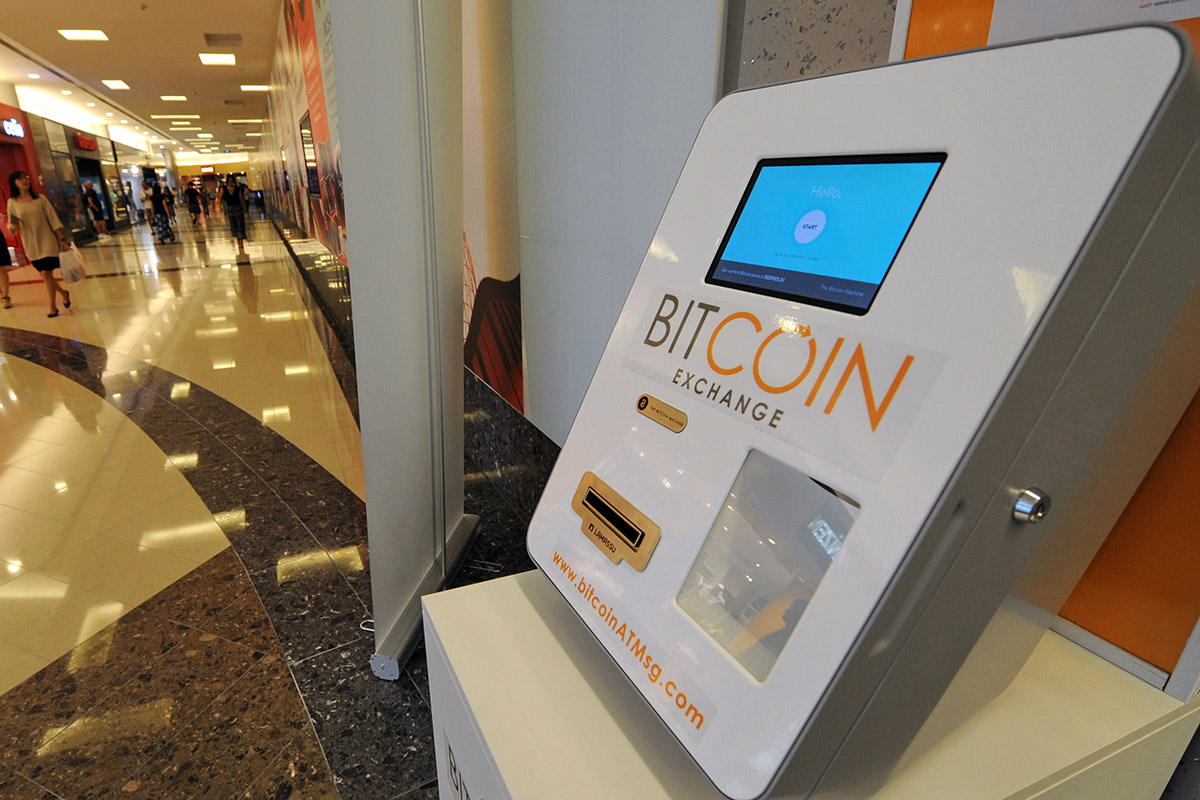In September, the bank accounts of several cryptocurrency firms in Singapore were closed.
This led to questions about the future of cryptocurrencies in the country. Indeed, the actions and rhetoric of key players have sent mixed messages, which further complicates things.
The banks involved were reluctant to explain their move, while authorities said they were reluctant to interfere. There was, however, some speculation that the bank account closures were related to anti-money laundering legislation.
Cryptocurrency traders in Singapore are not necessarily affected, as many have trading accounts overseas.
Many of the largest crypto exchanges are in the US, and traders tend to flock to the largest exchanges. In fact, you don’t even need to a Bitcoin wallet or an account on crypt exchange to trade Bitcoin. Retail traders can trade both Bitcoin and Ethereum by opening a forex trading account at brokers like IG.
Trading positions are held as CFDs (contracts for difference) which means the trader participates in the price move without actually owning the coins.
While some governments in Asia have cracked down on digital assets, most are quickly realising they may be missing an opportunity by taking a hard stance.
They have realised that the cryptocurrency movement may be unstoppable. And if that is indeed the case, they will need to embrace the movement. Not doing so means risking trade and investment going to the countries that do.
In Europe, Estonia has already expressed an interest in launching its own digital currency. Russia is also investigating a “Crypto Ruble”. In fact, Russia’s Minister of Communications recently said if they didn’t launch a digital currency, their neighbours would.
The Singapore Monetary Authority has stated that it may issue new rules to regulate cryptocurrencies.
Their main concern is money laundering and ICO scams. Regulating cryptocurrencies is easier said than done. The central premise of digital currencies is that they are anonymous and decentralized. And, the tougher the regulations are, the more chance there is that the industry will be driven underground.
They will, therefore, need to come up with regulations which all legitimate parties can agree to.
Another issue facing authorities is deciding what asset class Bitcoin falls under. Is it a currency, a commodity or an equity?
Digital assets have attributes of all three. A token represents an equity-like stake in a protocol, but it can also be used to transfer value like a currency and is scarce like a commodity.
It may make sense for governments to agree that Bitcoin belongs to a brand-new asset class and needs its own legal framework.
As a financial centre in Asia, Singapore is promoting itself as a Fintech hub. But if it wants to be the Fintech hub of Asia, it will have to lead the way in terms of blockchain technology and digital currencies too.
The opportunity for Singapore may lie in creating the right legal framework for crypto assets. If it can establish itself as the most trusted domicile for crypto businesses, investors will follow. And, of course, the entrepreneurs will follow the money.
Featured Image Credit: AFP Photo/Roslan Rahman








